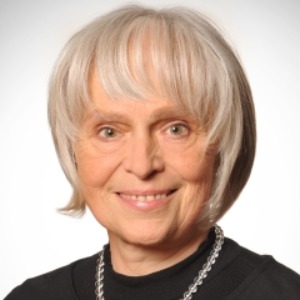10th Edition of International Conference on
Homoeopathy
Homoeopathy, also known as the "system of medicine" or "systemic medicine" is a form of alternative medicine that has been in use for hundreds of years. This natural approach to health care is based on the principle of "like treat like" and believes that an illness can be cured by the administration of a substance which on its own can produce the symptoms of the illness. Homoeopathy is based upon three principles:
1) Similia Similibus Curentur ("Let Likes Be Cured by Likes"),
2) The Law of Infinitesimals, and
3) The Single Remedy Law.
The first principle states that a substance that can cause the symptoms of an illness can also be used to cure it; this means that a homeopathic remedy is designed to work on the surface and the core causes of a disease. The law of Infinitesimals states that very tiny doses of a substance can cure an illness; whereas the Single Remedy Law states that only one remedy should be used at a time to avoid possible drug reactions. The remedies in homoeopathic medicine are highly individualized and based on the symptoms and causes of the disease rather than the actual physical conditions. Each remedy is composed of a unique combination of substances that may include plant parts, minerals, chemicals, and animal products. It is believed that a homeopathic remedy triggers a healing process that helps the body heal itself, promoting balance and harmony. Homoeopathic treatment is a non-invasive and cost-effective way to treat illnesses, both acute and chronic. It is commonly used to treat conditions such as allergies, headaches, skin conditions, digestive problems, joint pain, and stress. Additionally, homoeopathy can also be used to treat emotional and psychological issues, such as depression and anxiety. Overall, homoeopathy is a safe, natural, and effective form of health care.

Kenneth R Pelletier
University of California School of Medicine, United States
Marilyn Allen
American Acupuncture Council, United States
Girish Momaya
Stichting Maharishi European Research University, Netherlands
Julieta Andico Songco
JAS Consulting Services, United States
Farah Ganjei Gron
New Life Homeopathy, United States
Nima Farshid
Gaia Healers | Bio-Well Global | HealthenRX, United States


